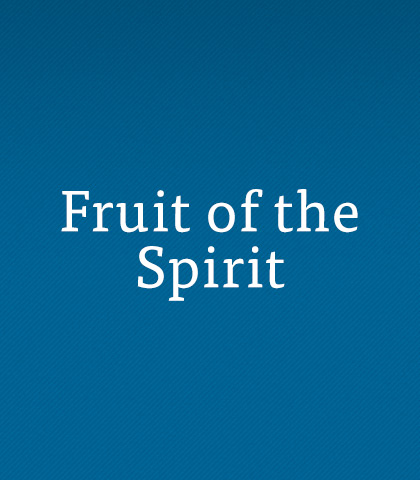Applying the Truth
While you can’t always control what happens, you can control your response. Your choice of attitude is the single most significant decision you can make on a daily basis. Positive responses develop patience, perseverance, and self-control.


